We were able to interview Chiyoda International School Tokyo’s elementary school principal, Dr. Margaret Fitzpatrick.
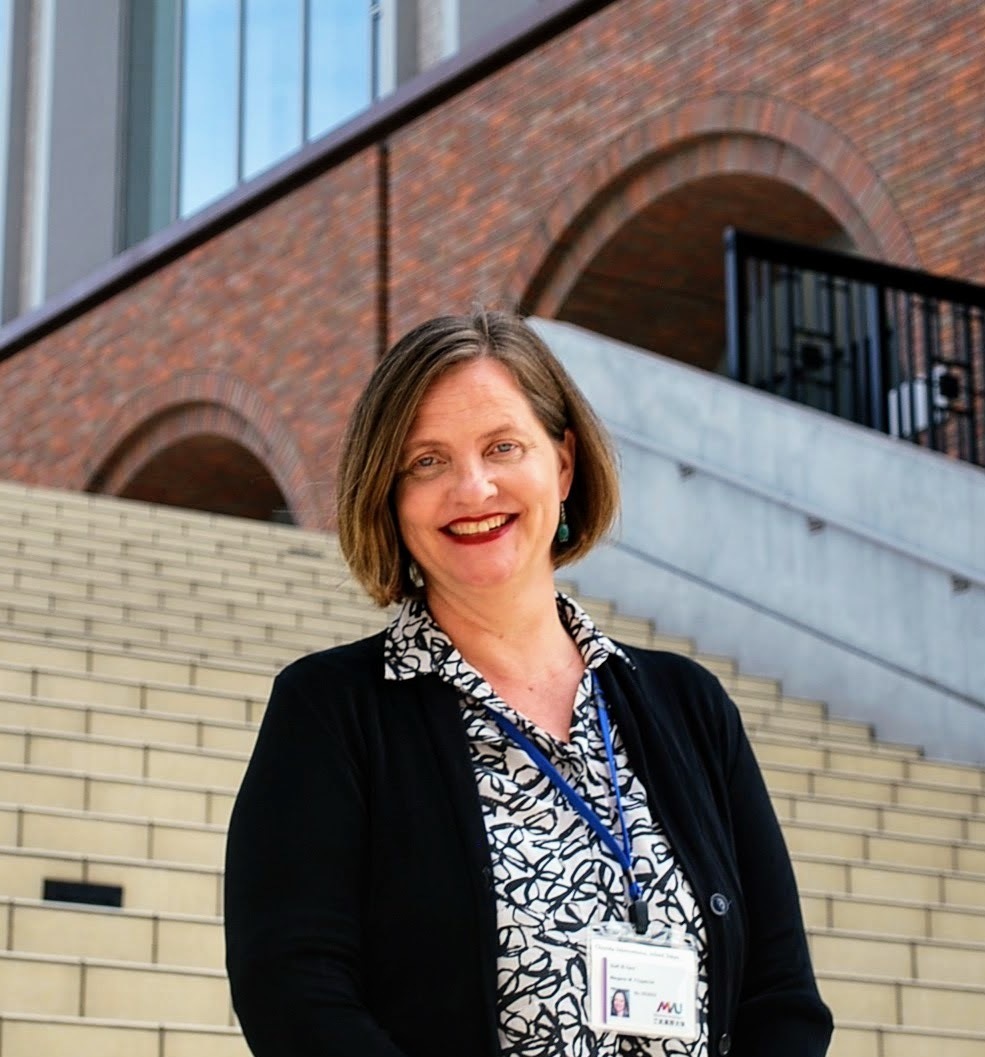
Chiyoda International School Tokyo’s elementary school principal, Dr. Margaret Fitzpatrick.
For the grand opening in April 2018, Chiyoda International School Tokyo (CHIST), has been preparing by constructing its school building, inaugurating its staff members, hosting a number of open school events and school tours. In the interview, we asked CHIST’s elementary school principal Dr. Fitzpatrick, the details of the school curriculum.
Dr. Fitzpatrick has earned her teacher’s licence for English and Social studies, in the United States and the United Kingdom. She has also acquired a Ph.D. degree in international education at the University of Illinois in Urbana-Champaign.
Her international education career started from Singapore, and first taught in Japan, Kyoto when she was 28. As a teacher in Kyoto, she experienced the Japanese culture of respecting the educators. Dr. Fitzpatrick later taught as an international school teacher in Korea, Egypt, Kuwait, the United States, China, and Albania. In Shanghai,China, she was responsible for formating the Chinese curriculum, IB Program, AP program, to the liberal arts style, and has also trained a number of teachers. She is currently interested in the education style of the IB program. She has sympathised with CHIST’s educational philosophy, and has chosen to work as the elementary school principal in CHIST.
Differences in Academics between Countries, Cultures, and Schools.
Dr. Fitzpatrick has taught in many schools around the world. Through her experiences, she points out the differences in academics between countries, cultures, and schools.
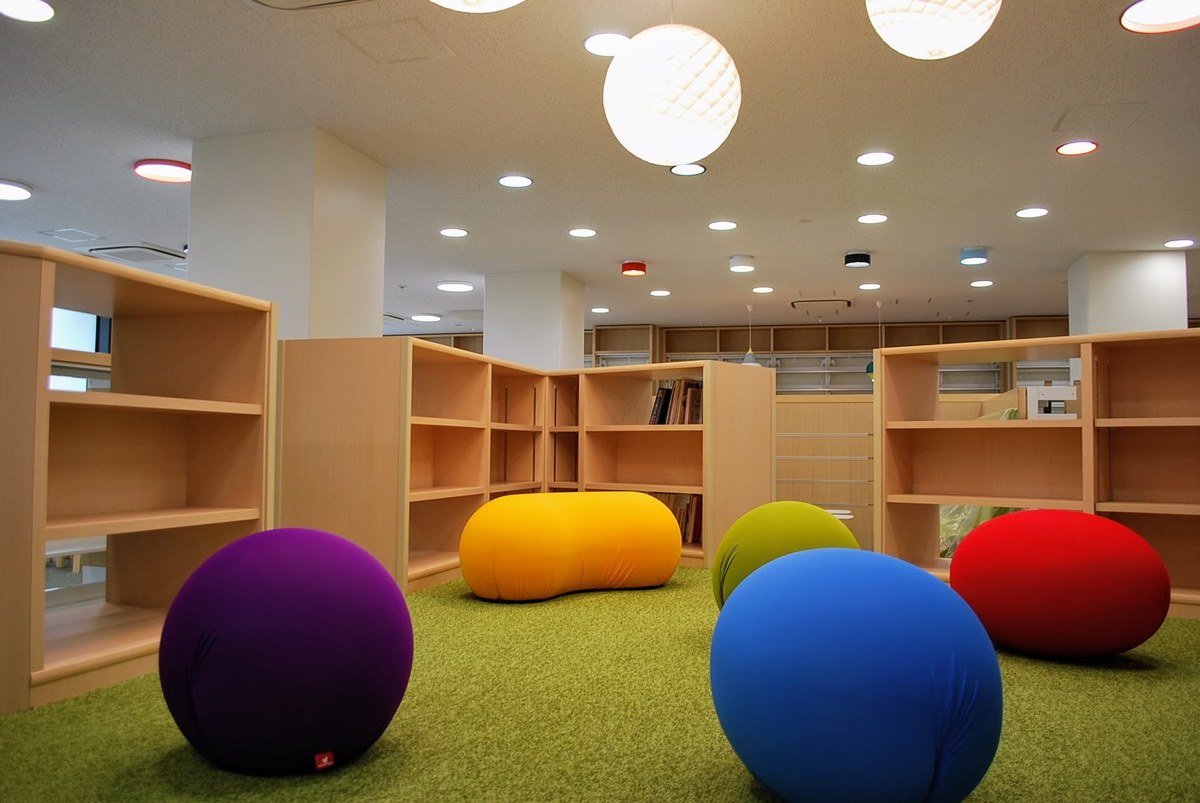
Resource Center
I: Thank you for taking your time from your busy schedule to take part in our interview. We’ve heard a lot about CHIST from many parents preparing their child’s application. What kind of education are you planning to implement at CHIST?
F: The background of each students are different, and the international schools are different from general school education. The student and staff body is diverse, each having different backgrounds. International Schools provide international education for “third culture kids” who live in countries apart from their birthplace. CHIST welcomes a variety of students and provides new international education.
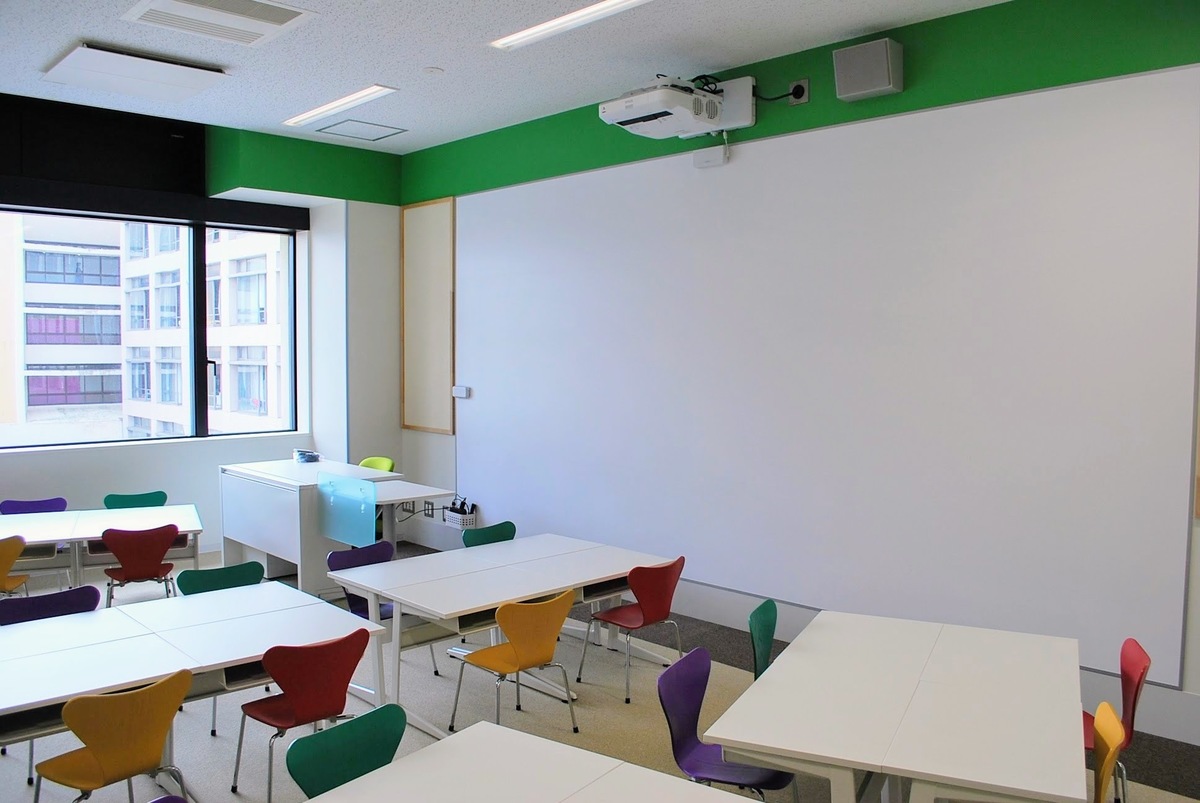
Classrooms
I: For an exploration-oriented learning, there is a need for the students to actively explore areas they do not understand. What sort of learning do you think is essential?
F: We believe that inquisitive skills are the key for learning. We, the teachers of CHIST, teach the students inquisitive skills so students could ask high quality “why” questions. For an exploratory learning, we have developed an educational ICT tool, UbT(Understanding by Technology). In addition to this, a learning experience through communication, we have developed another educational ICT tool, UbC(Understanding by Communication). Through these media, students and teachers respond and share questions to further understand what they seek.
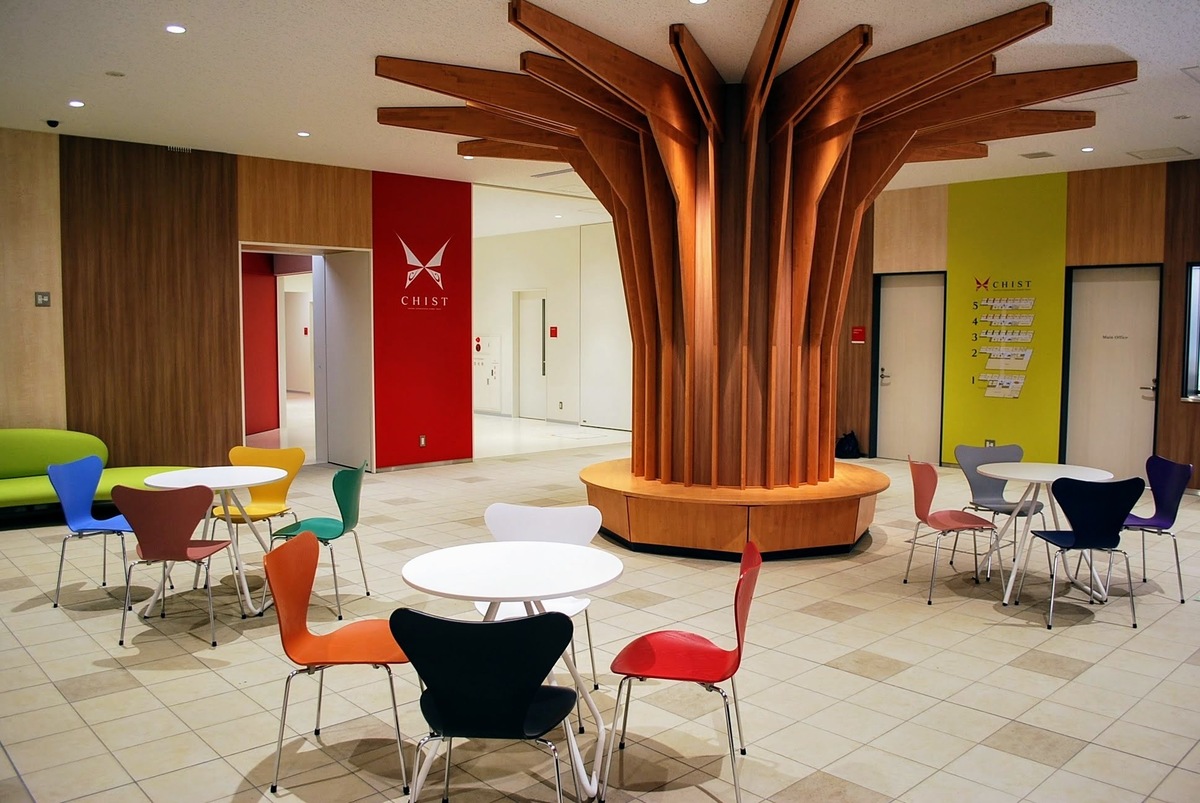
Entrance
I: Sometimes, Japanese people consider questions as objections towards the other, thus are taught to conform to others in most cases.
F: Indeed. Generally, Japanese people are not good at expressing their own opinions. Our education would provide inquisitive skills, which would be very beneficial to such Japanese students.
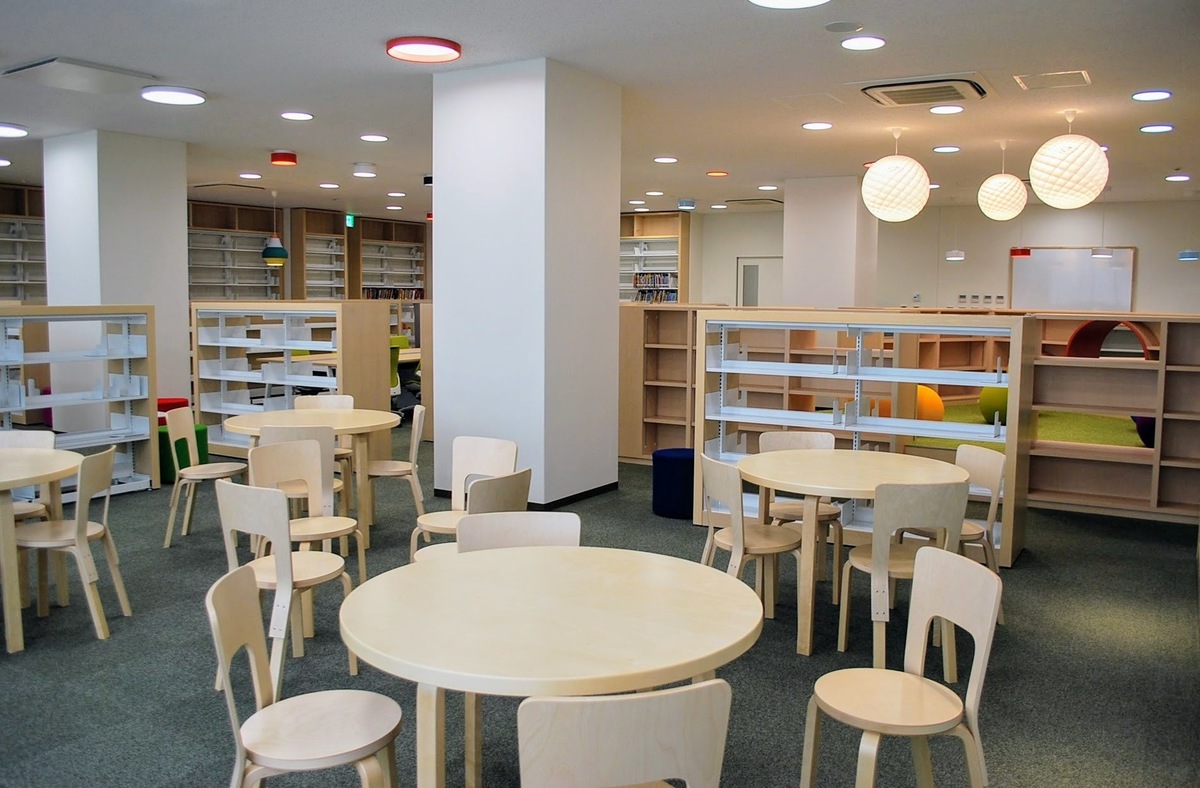
Library
I: At what age do children acquire the inquisitive skills? Is it a sort of skill that children can obtain during their childhood?
F: It can be taught at any age.
There are differences in developmental elements between 3-years-olds and 15-year-olds, but I believe that even 3-year-old children pursue answers to complex and abstract questions.
For example, 3-year-olds constantly use their inquisitive skills by asking complicated questions like “Why is the sky blue?” and also abstract questions like, “Why is that man angry?”
Regardless of their age, people are naturally made to ask very sophisticated questions.
Therefore, it is never too late, or too early, to cultivate these skills.
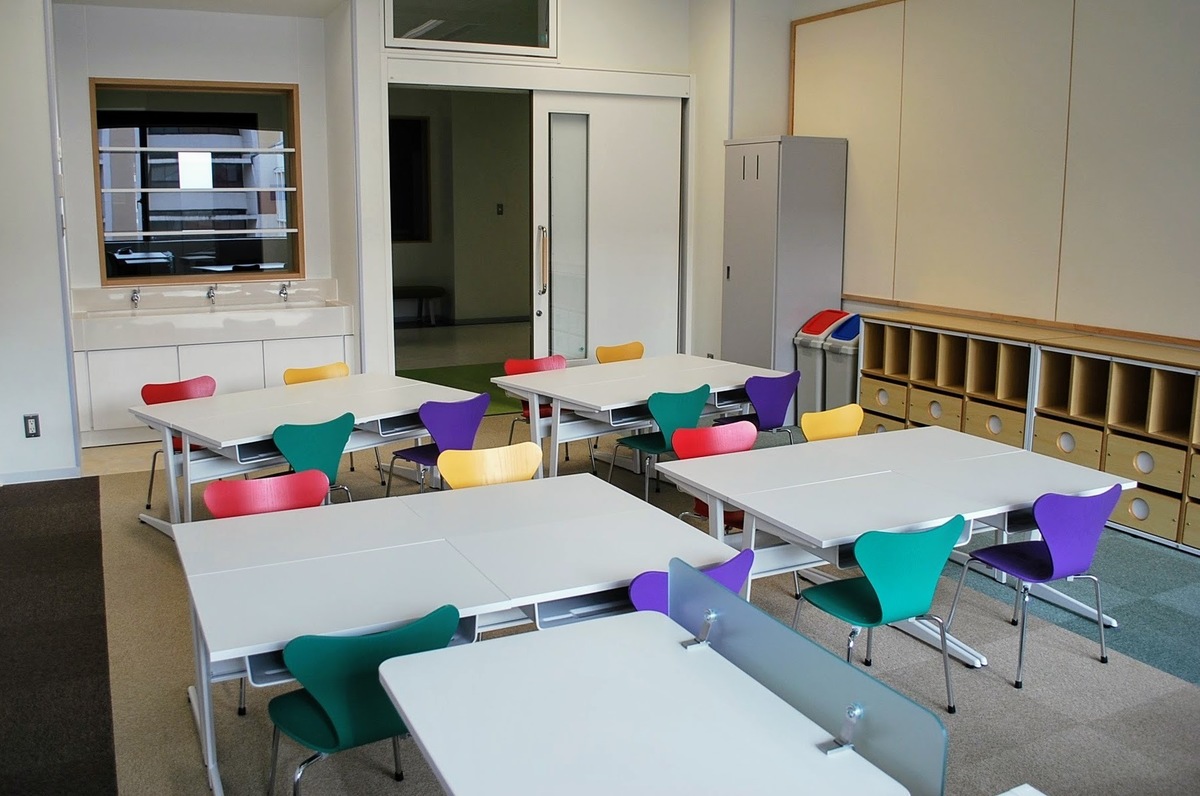
Classrooms
I: CHIST is scheduled to incorporate the IB program. What sort of learning activities are the key factors?
F: There are two key points for IB programs.
They are “inquiry” and “relevance”.
Students ask questions with trans-displinary relevance.
CHIST teachers are required to possess comprehensive knowledge and intelligence in order to deepen student’s understanding of math, history, literature, etc., since students constantly ask us, “Why do we need to learn this?” “Why is this relevant?” “What does this have to do with anything?”
There would be cases where there will be no clear answers, then teachers would tell them: “That’s a very interesting question. I don’t have all the answers, but let’s think about it together.” and we would start thinking about how to investigate them as a class.
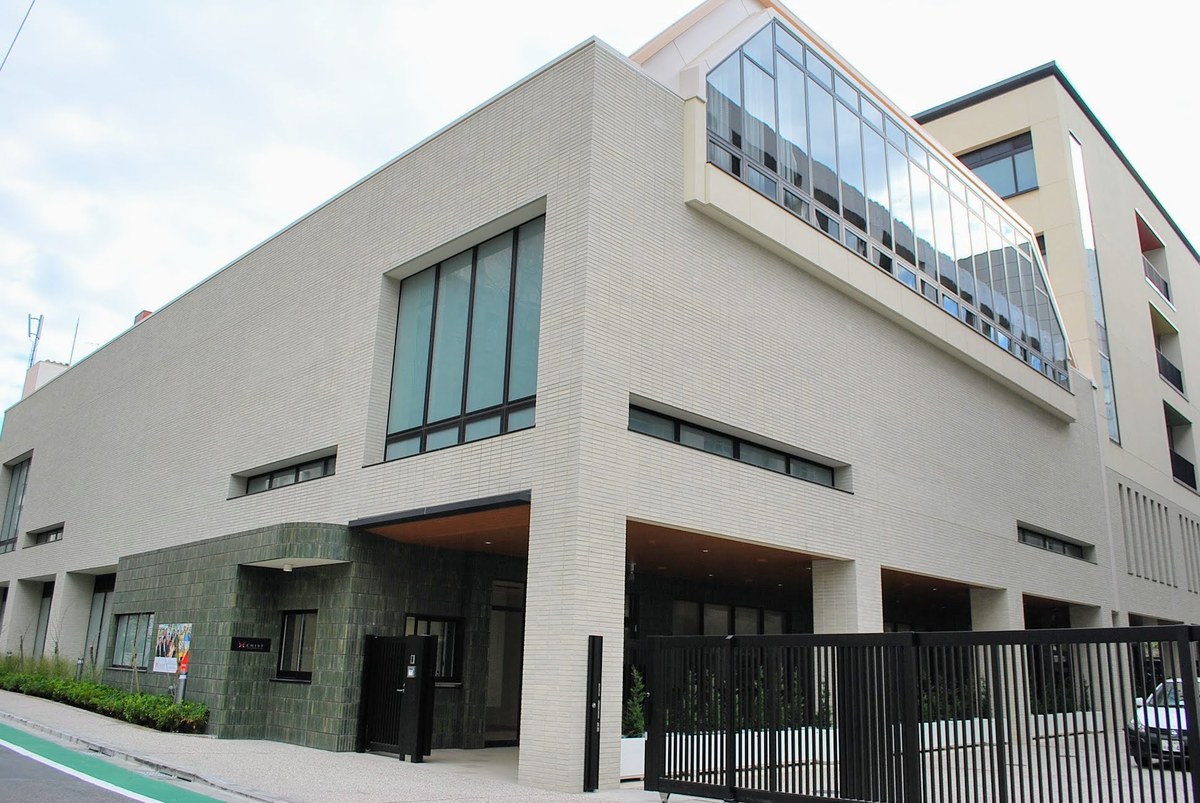
North-side Exterior View
I: How is CHIST different from other schools?
F: We have the opportunity to create the school from ground up, which is a special opportunity. We were able to create a new and innovative curriculum of international education.
CHIST has its innovative curriculum, combining UbT and UcT, taught by wonderful teachers from around the world, and is equipped with the latest facility. Until the opening date, we plan to further deepen our connection with each other, conduct intensive teacher training programs, in order to create education that is original to us.
And in April,2018, in the new school building, we are going to create a “new” community with the students and the parents. In the center of Tokyo, Chiyoda-ku, we would create a special community together.
I: So, the unity among the students, parents and the Chiyoda-ku will build the CHIST community.
This would be a bit of a hasty question, but what sort of life would the CHIST students lead after they graduate?
F: We, the CHIST faculty, would like to create a school where students would keep asking to themselves, “What sort of person do I want to be?”
A CHIST graduate is a student who is serious about creating peace and happiness in the world, and a life-long learner who keeps seeking new challenges and opportunities. They are inquisitive, principled, balanced, and knowledgeable. CHIST students will have solid English medium education, prepared to take IB test, and so will have good choices for further education. They will have good friendship. They will be competitive students. All of these components would help to make CHIST students ready to be compassionate towards the whole planet and act to make it a better place.
I: Thank you Dr. Fitzpatrick.
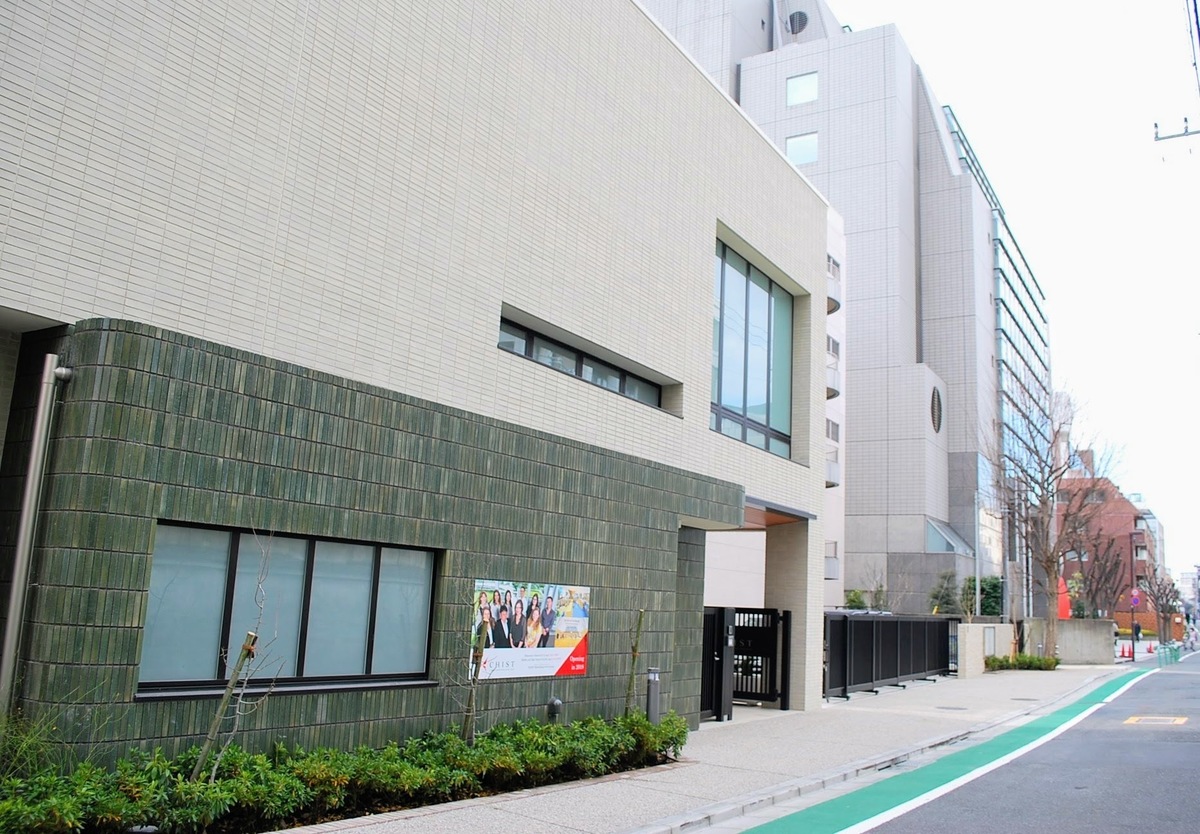
Contact
Chiyoda International School Tokyo (CHIST) Preparatory Office
Email:chist@musashino-u.ac.jp
Chiyoda International School Tokyo (CHIST)
https://www.chist.jp/Chiyoda International School Tokyo (CHIST) is going to start as a new international education base in Chiyoda-ku, Tokyo; the political and financial center of Japan.
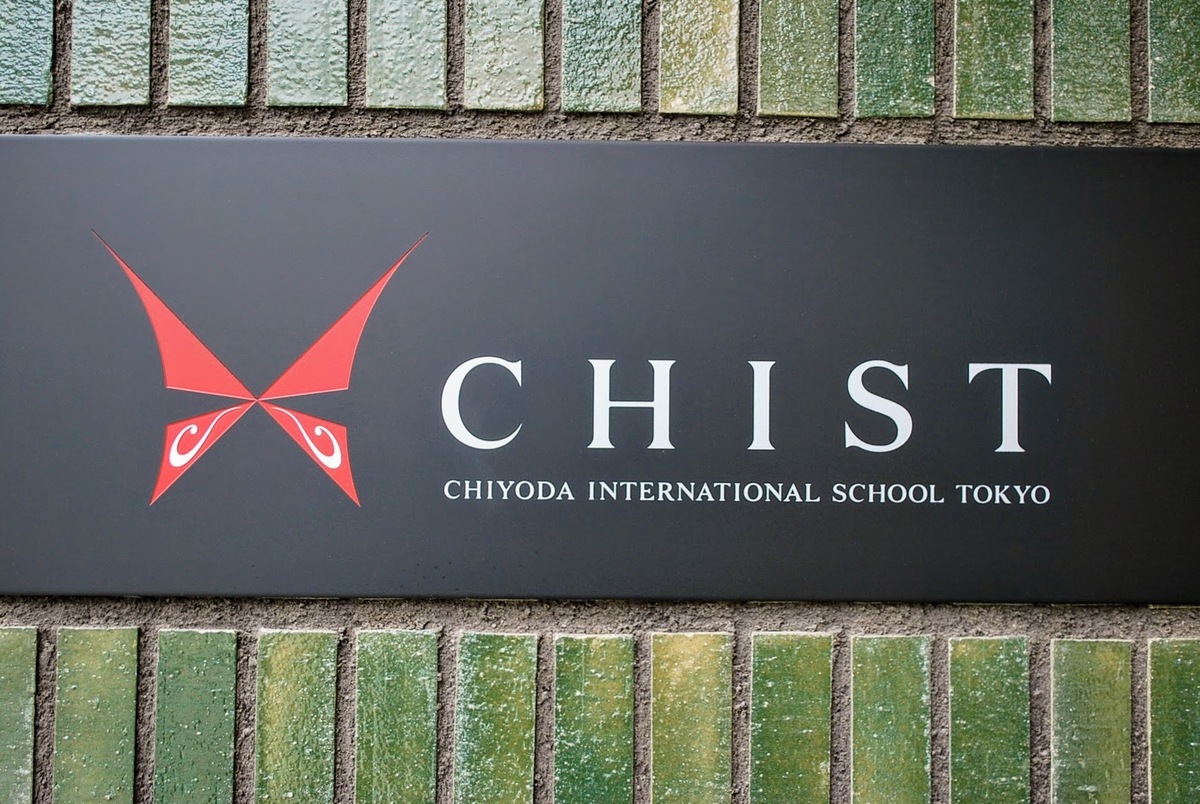
■Recommended for You
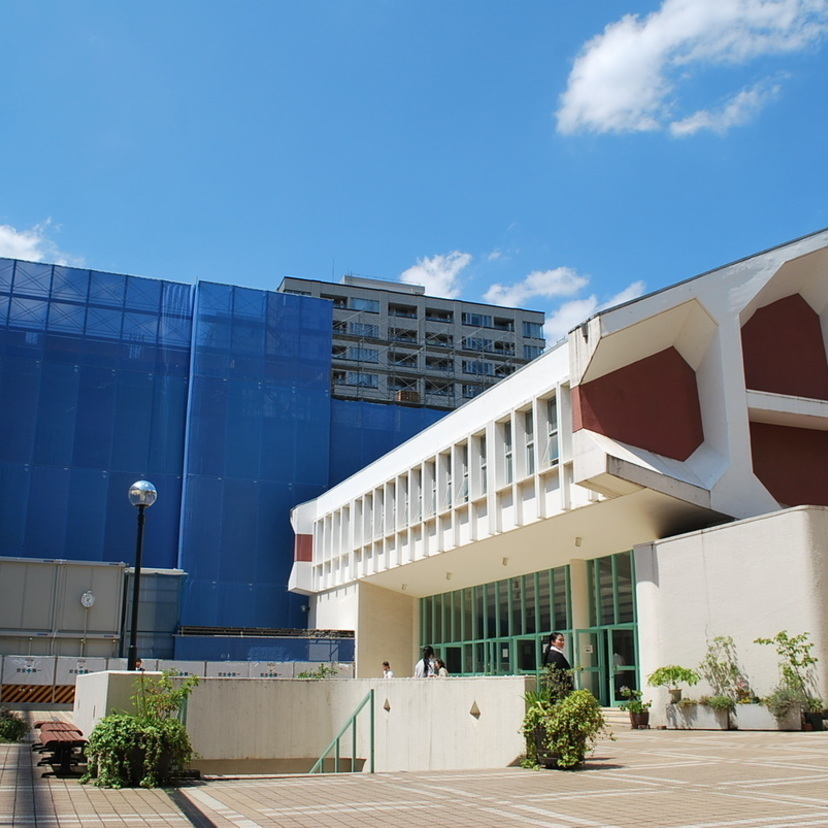
Chiyoda International School Tokyo (CHIST) Information Session
http://istimes.net/articles/982With increasing popularity, the CHIST school info sessions have been fully booked in a matter of seconds.
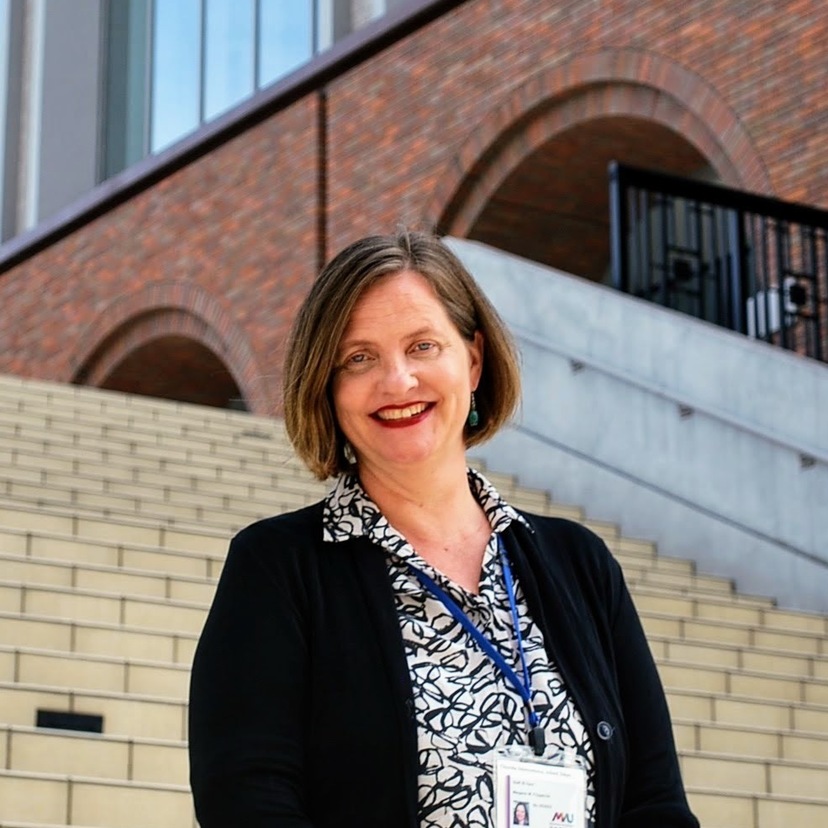
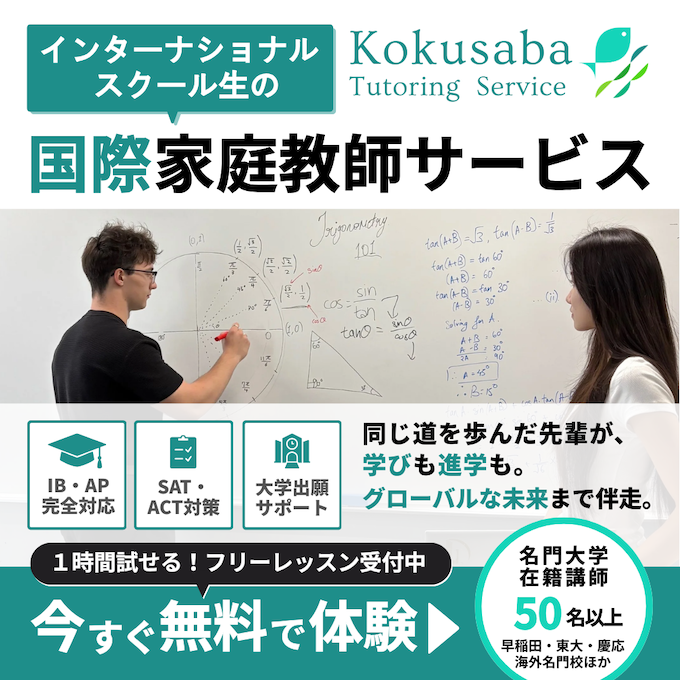
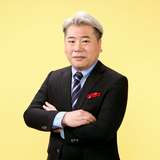
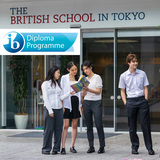

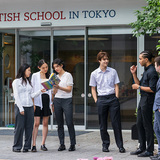
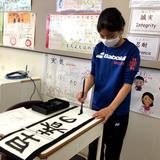


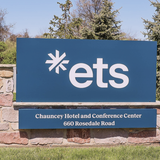




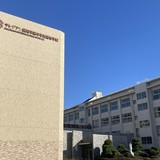

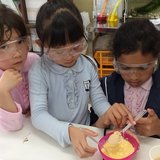
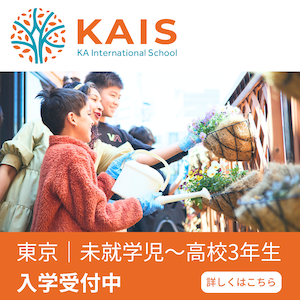


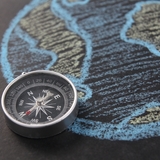



インターナショナルスクールタイムズの編集長として、執筆しながら国際教育評論家として、NHK、日本経済新聞やフジテレビ ホンマでっかTV、東洋経済、プレジデント、日本テレビ、TOKYO FMなど各メディアにコメント及びインタビューが掲載されています。
プリスクールの元経営者であり、都内の幼小中の教育課程のあるインターナショナルスクールの共同オーナーの一人です。
国際バカロレア候補校のインターナショナルスクールの共同オーナーのため国際バカロレアの教員向けPYPの研修を修了しています。